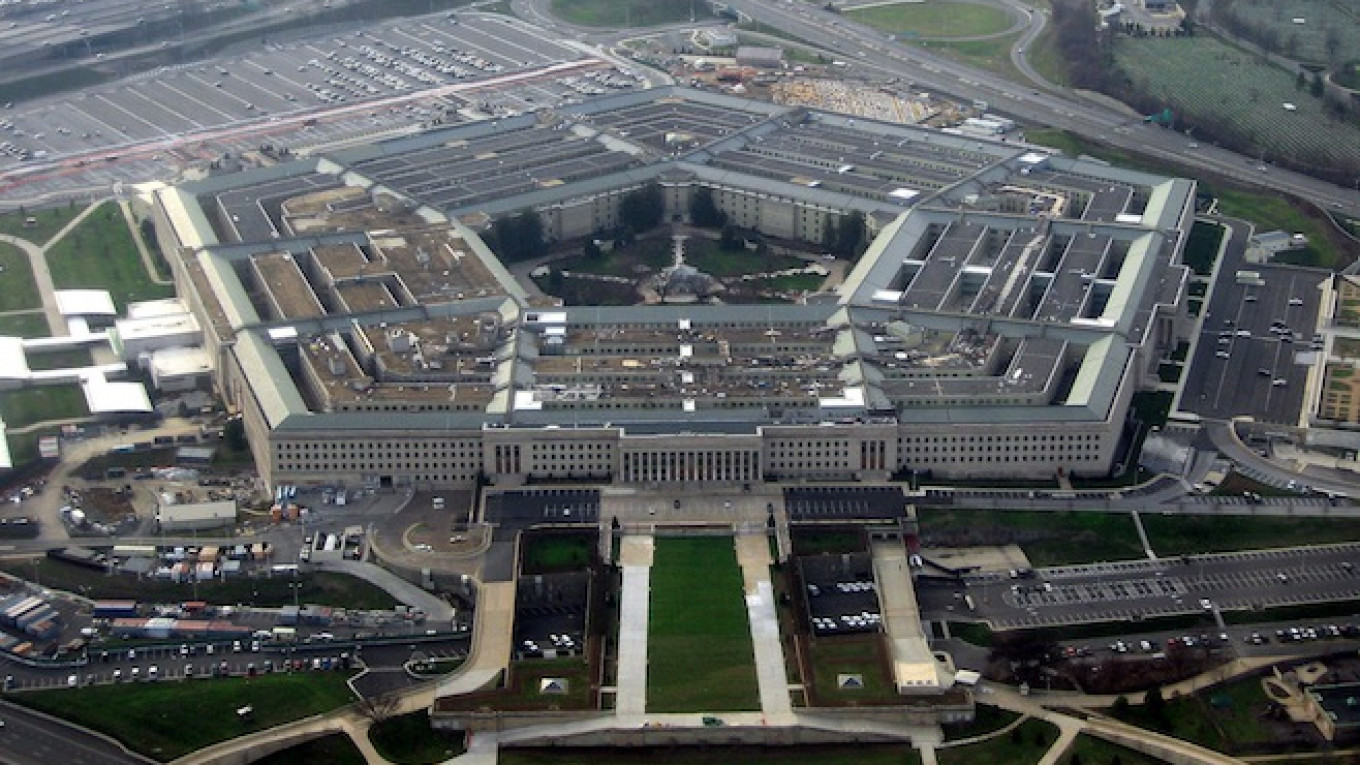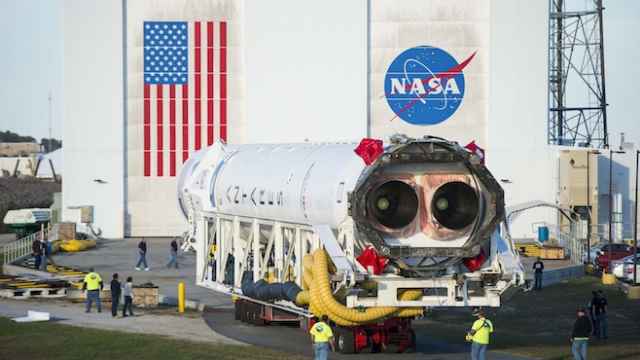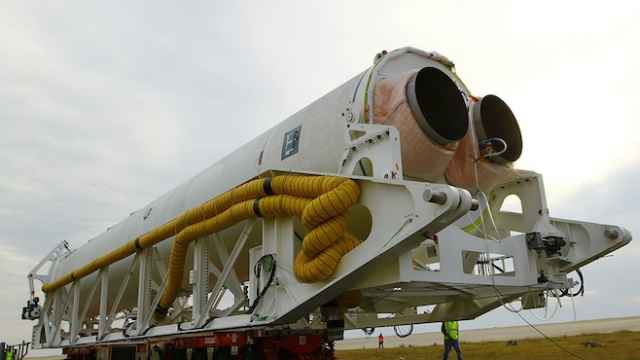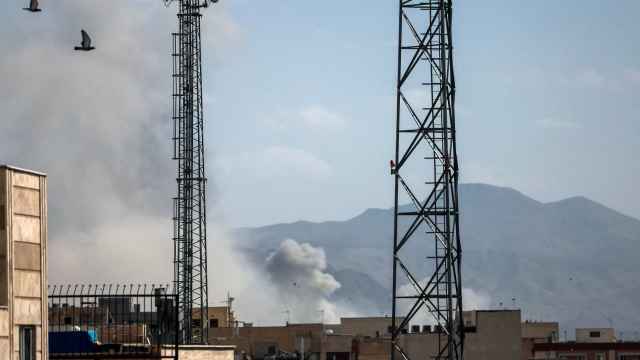The U.S. Defense Department expects to decide "fairly soon" whether to issue a waiver to United Launch Alliance, a joint venture of Lockheed Martin Corp and Boeing Co, that would allow it to continue using Russian rocket engines, the Pentagon's top acquisition official said on Tuesday.
Without a waiver, or a change in last year's law banning the use of Russian engines on some launches, ULA said it cannot compete against Space Exploration Technologies, or SpaceX, which won certification earlier this year to compete against ULA.
ULA has been the monopoly provider for most air force satellite launches since its creation in 2006.
"We're still working our way through that," Defense Undersecretary Frank Kendall told reporters after being asked about a waiver at an industry event. "I don't have a decision yet."
ULA Chief Executive Tory Bruno told reporters last week that ULA would not be able to bid in a new U.S. air force competition to launch a GPS satellite unless it gets some relief from a ban on use of the Russian RD-180 engine that powers its primary workhorse Atlas 5 rocket.
U.S. lawmakers banned the use of the Russian engines for U.S. military and spy satellite launches last year after Russia's annexation of the Crimea region of Ukraine.
The ban affects 24 of 29 engines that ULA had ordered from Russia, but not paid for, before Russia took control of Crimea. The five engines that could be used under the law had already been assigned to other missions and were not available for ULA to use in a bid for the new GPS launch, he said.
Bids are due Nov. 16 for the GPS contract, the first competition in nearly a decade for a large U.S. military satellite launch.
Air force Secretary Deborah James has expressed support for a waiver, but has not formally requested one yet, according to a U.S. defense official. Bruno also wrote a letter directly to Defense Secretary Ash Carter about the issue, the official said.
Kendall said the department was keen to ensure it had two sources for rocket launches to deliver critical military and spy satellites into orbit.
"If you're only dependent on one source for launches, and something happens to that source, then you're in deep trouble," he said. "At the end of the day want to make sure we have two ways to get our payloads into space."
A Message from The Moscow Times:
Dear readers,
We are facing unprecedented challenges. Russia's Prosecutor General's Office has designated The Moscow Times as an "undesirable" organization, criminalizing our work and putting our staff at risk of prosecution. This follows our earlier unjust labeling as a "foreign agent."
These actions are direct attempts to silence independent journalism in Russia. The authorities claim our work "discredits the decisions of the Russian leadership." We see things differently: we strive to provide accurate, unbiased reporting on Russia.
We, the journalists of The Moscow Times, refuse to be silenced. But to continue our work, we need your help.
Your support, no matter how small, makes a world of difference. If you can, please support us monthly starting from just $2. It's quick to set up, and every contribution makes a significant impact.
By supporting The Moscow Times, you're defending open, independent journalism in the face of repression. Thank you for standing with us.
Remind me later.






